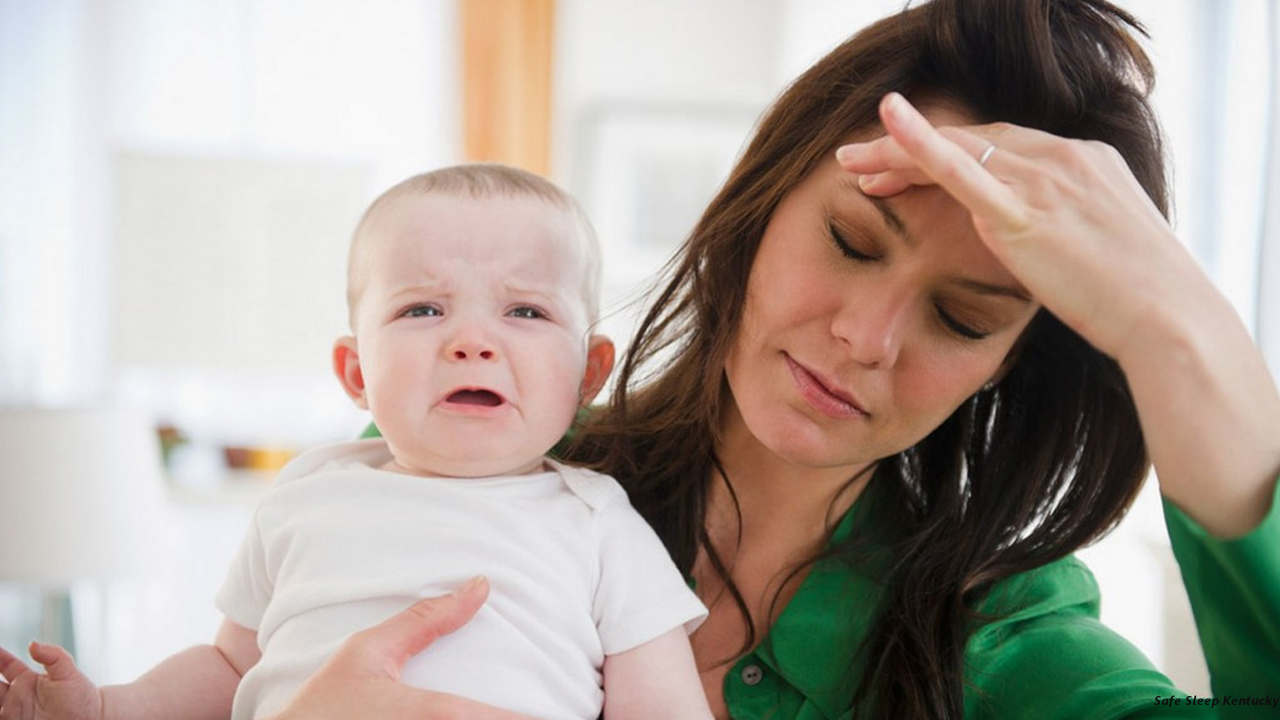Mood swings are very normal in every female. Let’s not forget about the sensitivity of emotions which is closely related to the woman. Pregnancy is an essential and one of the important phases of a woman’s life. Every stage and phase of a woman’s life is backed up by hormonal fluctuations. Pregnancy is an amazing mentality shift. It gives you immense joy and happiness about a life living inside you. Not to forget, the birth of a child also brings a lot of o joy and happiness to a mother’s life. But as time passes by after childbirth, there are some mood fluctuations faced by many mothers. “Baby blues” is experienced by 80% of the mothers. The feelings are usually mild and last for a week or more.
“Baby blues” are real for every mother.
The changes in your body are just for 9 months but the beauty of motherhood will embrace you for a lifetime. Loving and caring for your baby is every mother’s delight. Let’s not forget that sleepless night spent by a mother looking after her baby. Baby cuddles and new experiences are very exciting for a new mother. Most of the challenges are normal but they create unusual new feelings. Mood swings, crying spells, and anxiety are considered part of baby blues. For most new mothers, these symptoms are mild and will usually go away in 2 weeks’ time. If it is prolonged and interfering with daily activities, it time to consult your doctor for a solution.
Hormones affect the mental state causing baby blues
After giving birth, there is a dip in hormone levels, estrogen, and progesterone leading to hormonal fluctuations. This can affect their mood. Adapting to a daily routine when the baby is born is also difficult. This can affect your mental state. Coping up with household work can be difficult. The sudden dip in hormones can lead to adrenal fatigue making it difficult for them to cope with their new lifestyle.
Symptoms of Baby Blues
- Crying often with any reason
- Being sensitive and emotional
- Alternate bouts of happiness and sadness
- Eating too much food- Binge eating
- Craving for sweets and sugar
- Irritability
- Experiencing Intense anger
- Unable to cope with daily activities
- Sleepless nights
- Day time drowsiness
- Self-doubt about caring for the child
- Depressed or anxious
Postpartum Depression V/S Baby Blues
Mind and body experience a lot of changes after giving childbirth. This is an extraordinary experience and your body needs time to adjust. Your responsibility also increases as a mother. Now, you have to take care of a child and another human being who is a part of your life. You will have lots of lovely moments for a few days followed by anxiety which is very common. Recovering from childbirth is very important. You will be learning many new things like how to feed the baby, how to take care of them, right from changing their diapers to putting them off to sleep
Time to consult a doctor
If low feelings don’t go away or get worse for more than 2 weeks, then it can affect your mental health condition causing postpartum depression. Postpartum depression occurs for one year after childbirth and is a very common condition for every one in five women.
Tips to prevent baby blues
Many people find it difficult to talk about the negative feelings during and after pregnancy. Baby blues is a tough time and every mother experiences it. Try not to worry when going through this. Becoming a mother is a blessing but also takes a toll on your mental health.
- Eat nutritious food
- Try some gentle exercise
- Yoga and meditation can help
- Take a warm or hot water shower
- Relax and work at your own comfort
- Resting is important
- Sleeping well with your baby

 Giving birth to a baby is the ultimate blessing for every woman. A baby fills your place in your heart with joy. With joy comes Baby Blues. Learn more about Baby Blues and tips to prevent them.
Giving birth to a baby is the ultimate blessing for every woman. A baby fills your place in your heart with joy. With joy comes Baby Blues. Learn more about Baby Blues and tips to prevent them.








.jpeg)











.jpeg)



.jpg)


.jpg)




.jpg)


